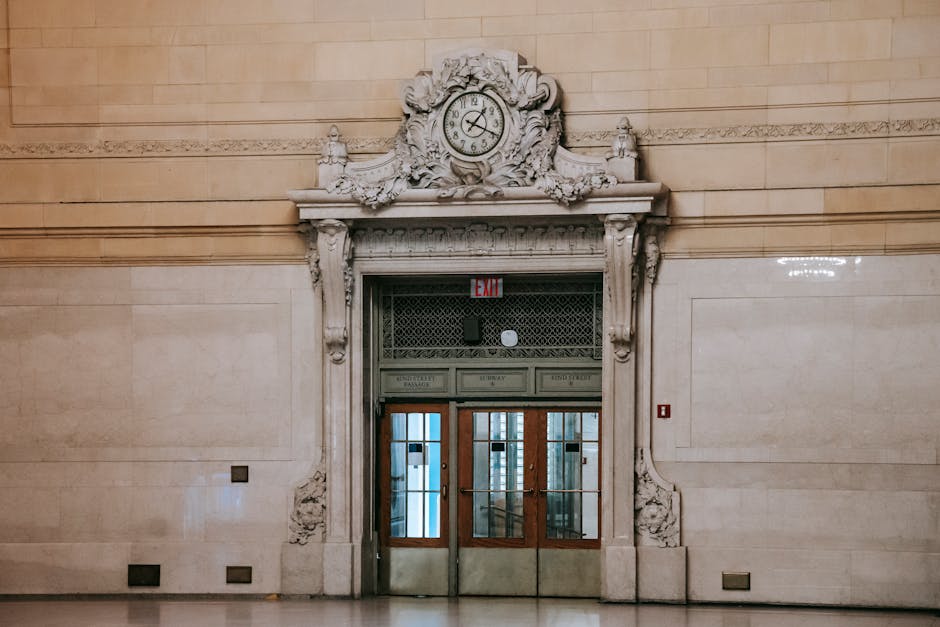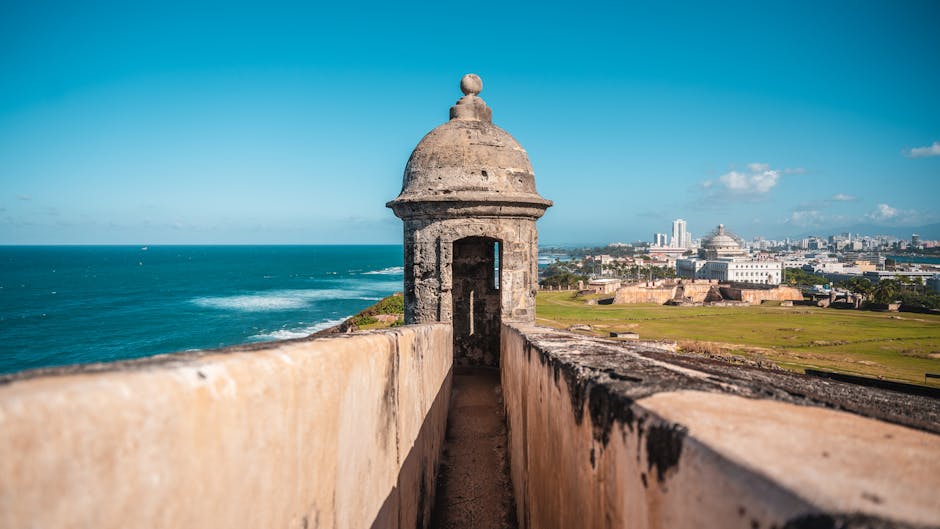The Karnataka government has once again extended the deadline for its ambitious and politically charged Socio-Economic and Education Survey, popularly known as the caste survey. The new date for the Karnataka State Commission for Backward Classes to submit its final report is now October 31, 2023.
While the official circular cites the need for more time to collate and analyse the massive dataset, the repeated delays are fuelling intense speculation about the political calculations at play ahead of the 2024 Lok Sabha elections.
A Troubled History: The 2015 Survey
To understand the significance of this delay, it’s essential to look back at the survey’s long history. Commissioned in 2015 by the then-Siddaramaiah government, the exercise was a pioneering effort to create an up-to-date, detailed picture of the state’s socio-economic landscape. At a cost of over ₹160 crore, enumerators collected data door-to-door on caste, social status, and economic and educational indicators.
The goal was to ensure that welfare schemes and reservation policies are based on scientific data rather than outdated estimates.
Why is the Caste Survey Report Controversial?
The report, prepared by the H. Kantharaj-led commission, was completed in 2018 but was never officially accepted or made public by the subsequent coalition and BJP governments.
Alleged leaks from the report have been a political hot potato for years. Rumours suggest its findings could upend long-held beliefs about the demographic strength of Karnataka‘s two most dominant communities—the Lingayats and Vokkaligas. It is widely believed that the report shows the population of Dalits, Other Backward Classes (OBCs), and religious minorities is significantly higher than previously thought, which could challenge the political and social dominance of the traditional power blocs.
National Implications and Political Calculations
With the return of a Siddaramaiah-led Congress government this year, expectations were high that the report would finally be released. Chief Minister Siddaramaiah, the original architect of the survey, has repeatedly stated his commitment to accepting it.
The latest extension comes at a critical moment. The recent release of Bihar’s caste survey data has energised the national political discourse, with the opposition’s INDIA bloc demanding a nationwide caste census to ensure “jitni aabadi, utna haq” (rights proportional to population). In this context, Karnataka‘s survey is more than just a state-level exercise; it’s a potential catalyst for a national narrative.
Skeptics argue the delay is a calculated political move. Releasing a report that could alienate the powerful Lingayat and Vokkaliga communities, both of which have significant representation within the Congress party, is seen as a high-risk gamble before the 2024 general elections.
Will October 31 Be the Final Deadline?
For now, the government maintains that the delay is purely administrative, given the monumental task of processing data from over 1.3 crore households. However, for millions of people from backward and marginalised communities, this report is the key to a potentially more equitable future.
All eyes are now on the Siddaramaiah government to see if it will follow through on its social justice promise or if political pragmatism will lead to another delay.




